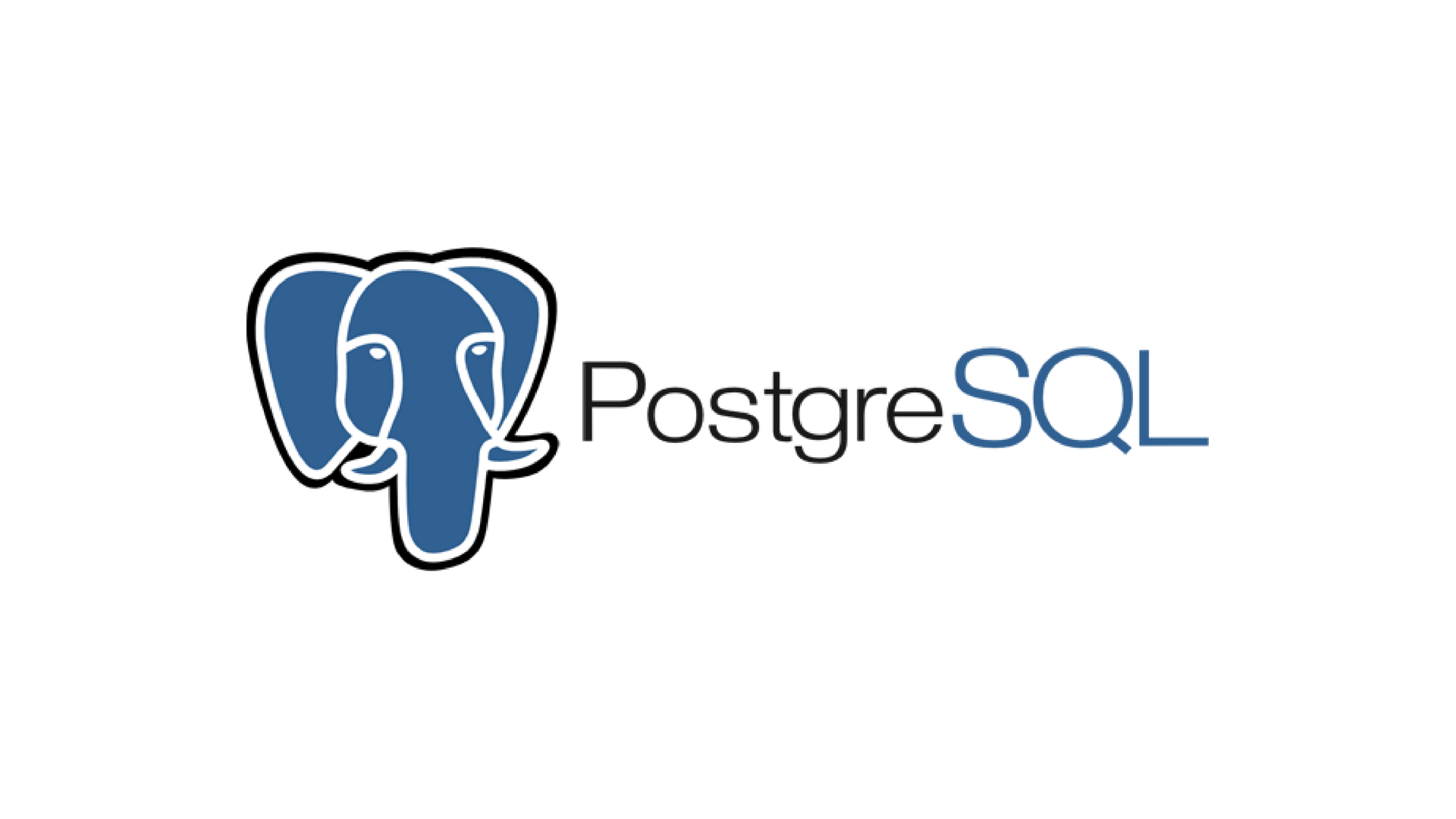Understanding PostgreSQL String Data Types
Table of Contents
- Overview of PostgreSQL String Data Types
- Detailed Explanation of PostgreSQL String Data Types
- Choosing the Right String Data Type for Your Needs
- Conclusion
Overview of PostgreSQL String Data Types
PostgreSQL offers several string data types, each optimized for different storage and performance needs. Understanding these types helps in choosing the best fit for various use cases.
- CHARACTER (CHAR)
- CHARACTER VARYING (VARCHAR)
- TEXT
Each type supports storing textual data but differs in storage requirements and performance based on length and variability.
Detailed Explanation of PostgreSQL String Data Types
1. CHARACTER (CHAR)
Purpose: Stores fixed-length strings. Any shorter data is padded with spaces.
Range: 1 to 10,485,760 characters
Storage Size: 1 byte per character
Use Case: Best suited for fixed-length codes or fields with constant character requirements.
2. CHARACTER VARYING (VARCHAR)
Purpose: Stores variable-length strings up to a specified maximum length.
Range: 1 to 10,485,760 characters
Storage Size: 1 byte per character plus overhead for length
Use Case: Suitable for most text fields, like names or descriptions, with varying lengths.
3. TEXT
Purpose: Stores large variable-length strings without an explicit length limit.
Range: Up to 1 GB
Storage Size: 1 byte per character plus overhead for length
Use Case: Ideal for very large text fields, such as articles, comments, or notes, where length is indeterminate.
Choosing the Right String Data Type for Your Needs
Selecting the correct string data type in PostgreSQL can improve data storage efficiency and performance. Here are some guidelines:
- CHAR: Use for fixed-length fields, such as standardized codes or IDs that maintain consistent length.
- VARCHAR: For variable-length text fields where a maximum length is known but may not always be used, like names.
- TEXT: For fields that require substantial or unpredictable lengths, such as blog posts or comments, where size may vary widely.
Comparison of PostgreSQL String Data Types
| Data Type | Length Range | Storage Size | Use Case |
|---|---|---|---|
| CHAR | 1 to 10,485,760 | 1 byte per character | Fixed-length text (e.g., standardized codes) |
| VARCHAR | 1 to 10,485,760 | 1 byte per character + overhead | Variable-length text (e.g., names, titles) |
| TEXT | Up to 1 GB | 1 byte per character + overhead | Large or unpredictable-length text (e.g., articles, comments) |
Conclusion
Choosing the right PostgreSQL string data type based on field length and variability can optimize database storage and enhance performance. Understanding CHAR, VARCHAR, and TEXT enables efficient data handling for various textual requirements in PostgreSQL applications.

